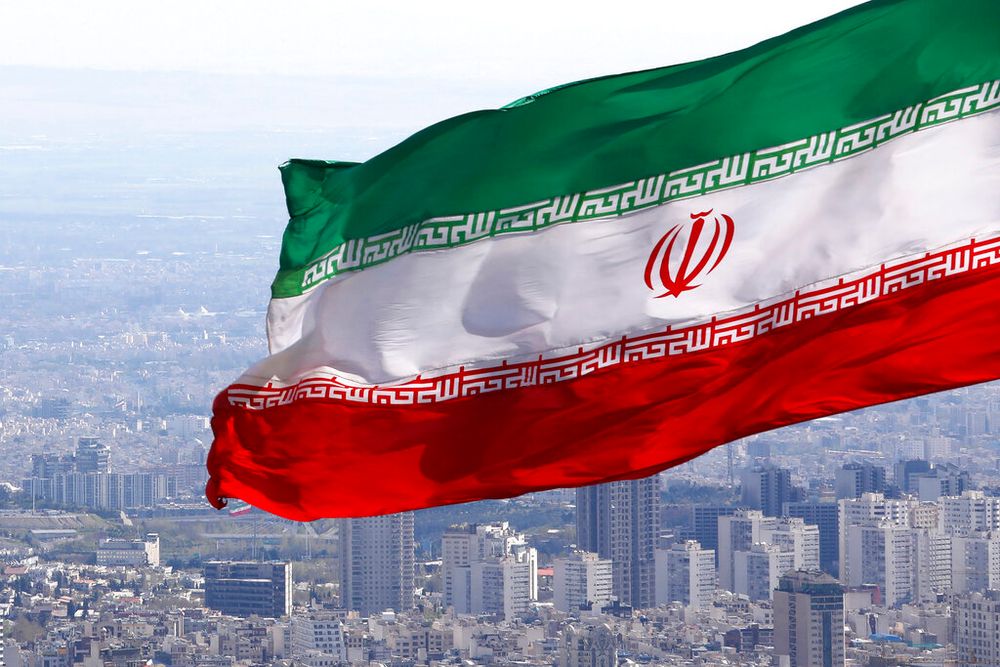Lisbon - The ocean's future just got a little brighter... or did it? Last week's UN Ocean Conference in France saw a flurry of financial commitments aimed at tackling the colossal challenges facing our seas. Billions of dollars are on the table, promising everything from tackling plastic pollution to bolstering coastal communities against the rising tides of climate change. But is it enough to save our sinking ship?
The European Investment Bank (EIB) and the Asian Development Bank (ADB), along with other development banks, made a splash with a combined pledge of €3 billion (that's a whopping $3.5 billion!) by 2030 to stop plastic from choking our marine life. Imagine a world with cleaner beaches and healthier oceans – this investment is a step in that direction.
Not to be outdone, the Development Bank of Latin America and the Caribbean (CAF) dove in headfirst with a $2.5 billion commitment between 2025 and 2030. This funding will fuel projects focused on ocean protection and sustainable marine economies – think thriving ecosystems and coastal communities working in harmony with the sea.
Guinea's coastline got a much-needed boost thanks to a €119 million injection mobilized by the French development bank AFD and the World Bank. This lifeline will help coastal and rural communities adapt to the harsh realities of climate change, offering a glimmer of hope in the face of rising sea levels and extreme weather.
North Africa also saw a surge of support from the AFD (details are still emerging, so stay tuned!).
While these pledges are certainly cause for celebration, a critical question remains: are they enough? Experts estimate that a staggering $175 billion is needed annually to address the ocean's most pressing problems. The commitments made at the conference, while significant, still leave a gaping funding chasm.
So, is this a turning point or just a drop in the ocean? Only time will tell. One thing is certain: the fight for our oceans is far from over. We must continue to push for greater investment, innovative solutions, and global cooperation if we hope to secure a healthy future for our blue planet. What do you think needs to happen to save our oceans? Let us know in the comments!

